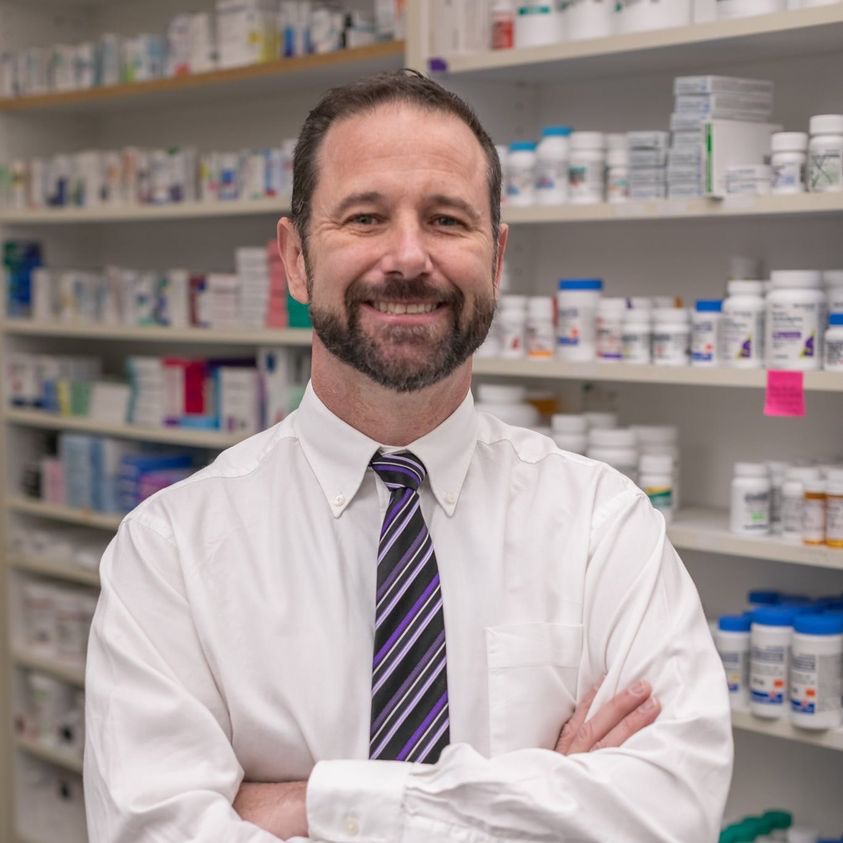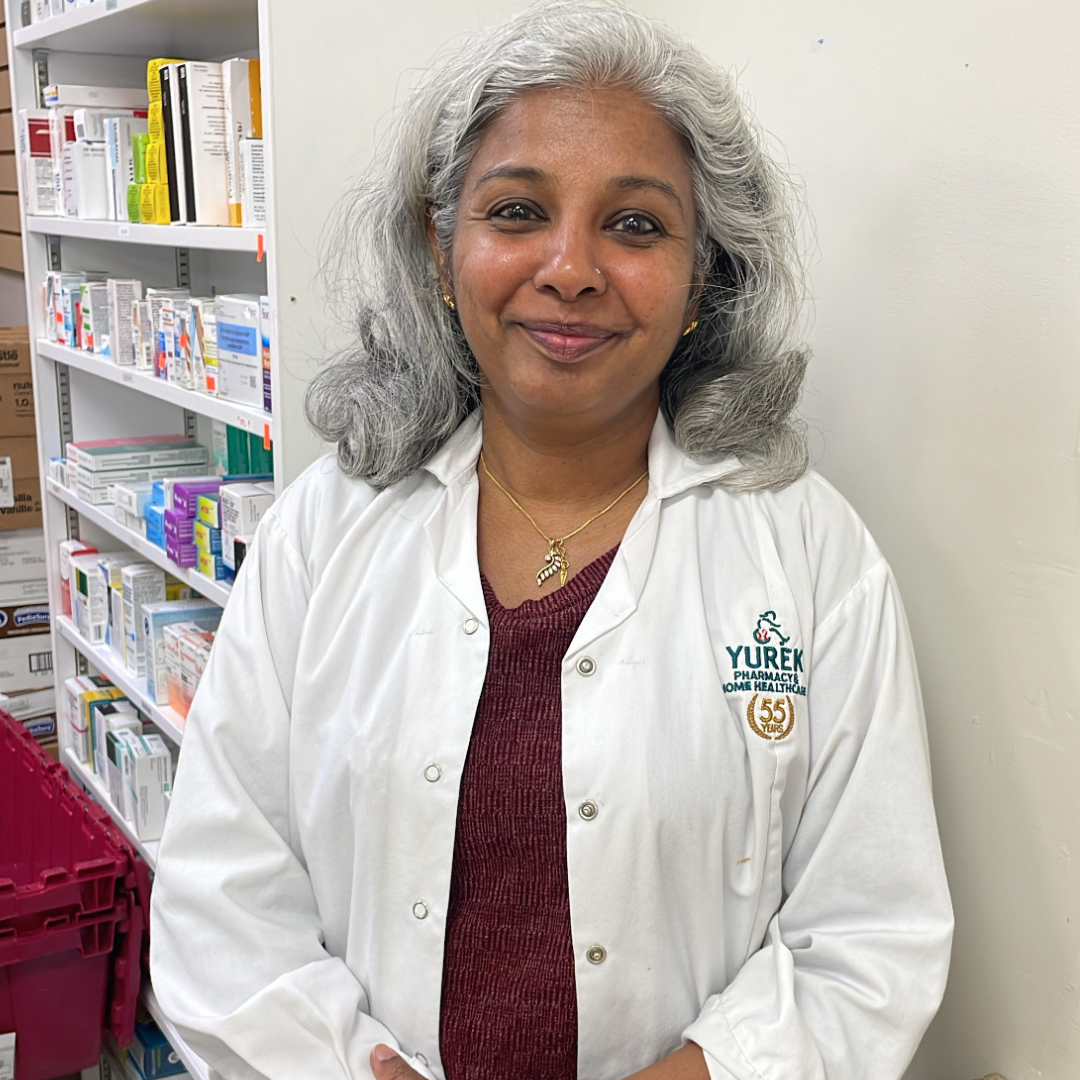By: Steve Bond, BScPhm, RPh, CDE
November is Falls Prevention Month and so we are encouraged to take steps to reduce falls. Falls are the leading cause of injury-related hospitalizations and 95% of hip-fractures in older adults. (I’m not pulling your leg!) According to Health Canada, 50% of these falls occur in a person’s home and many of these falls are preventable!
Falls are caused when one loses their balance and are unable to recover. While there are many factors that lead to loss of balance and since half of all falls occur in the home, its the best place to start. My granny used to say: “A place for everything and everything in its place.” So start by removing all clutter and making sure telephone cords and wires are tucked away. Carpets should be secured and other flooring should be flat and in good repair.
Add grab bars in the shower, tub and toilet area and use them to steady yourself in the bathroom. Appropriate lights with the recommended bulb for the socket will aid you to spot trip hazards. Walk in low-heal, snug fitting shoes or slippers; avoid loose footwear or stocking feet.
Regular eye examinations and hearing tests should be conducted to address any hearing or vision losses. Proper nutrition and exercise maintain muscle strength, flexibility and agility. If you are inactive, find an activity you enjoy and make a plan to incorporate physical activity into your daily routine.
Medications play a huge role in causing falls. As we get older, medications can have an heightened effect on our bodies due to changes in liver, kidney and brain functions. The number of medications that we take also increases, which can cause more drug interactions. This can lead to adverse events including falls.
Certain medications can put you at a higher risk of falling. Medications that lower blood pressure and especially those that are affected upon standing can lead to dizziness. Some remedies lower blood sugars and cause you to lose your balance.
Other medications can affect our ability to think clearly. When we become confused, they may do things that they wouldn’t do put ourselves at risk. A medication review, like an eye exam should ideally be completed at least every year or when your situation changes (like after an admission to a hospital). Eliminating or reducing medication risks is one piece of the puzzle to preventing falls. A comprehensive meds check is a free service offered by our pharmacist. It is booked in advance and is private one on one conversation over 20-40 minutes. Take care of yourselves and each other.








